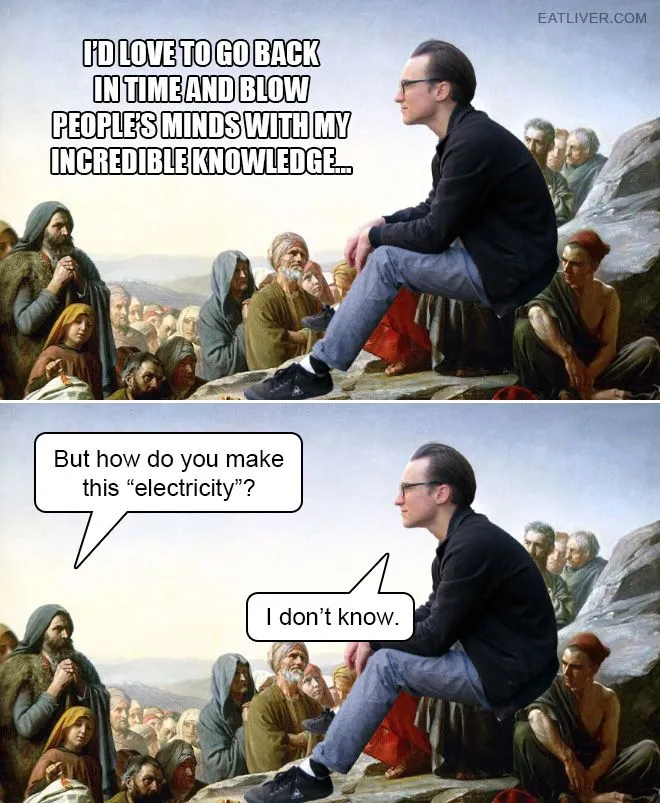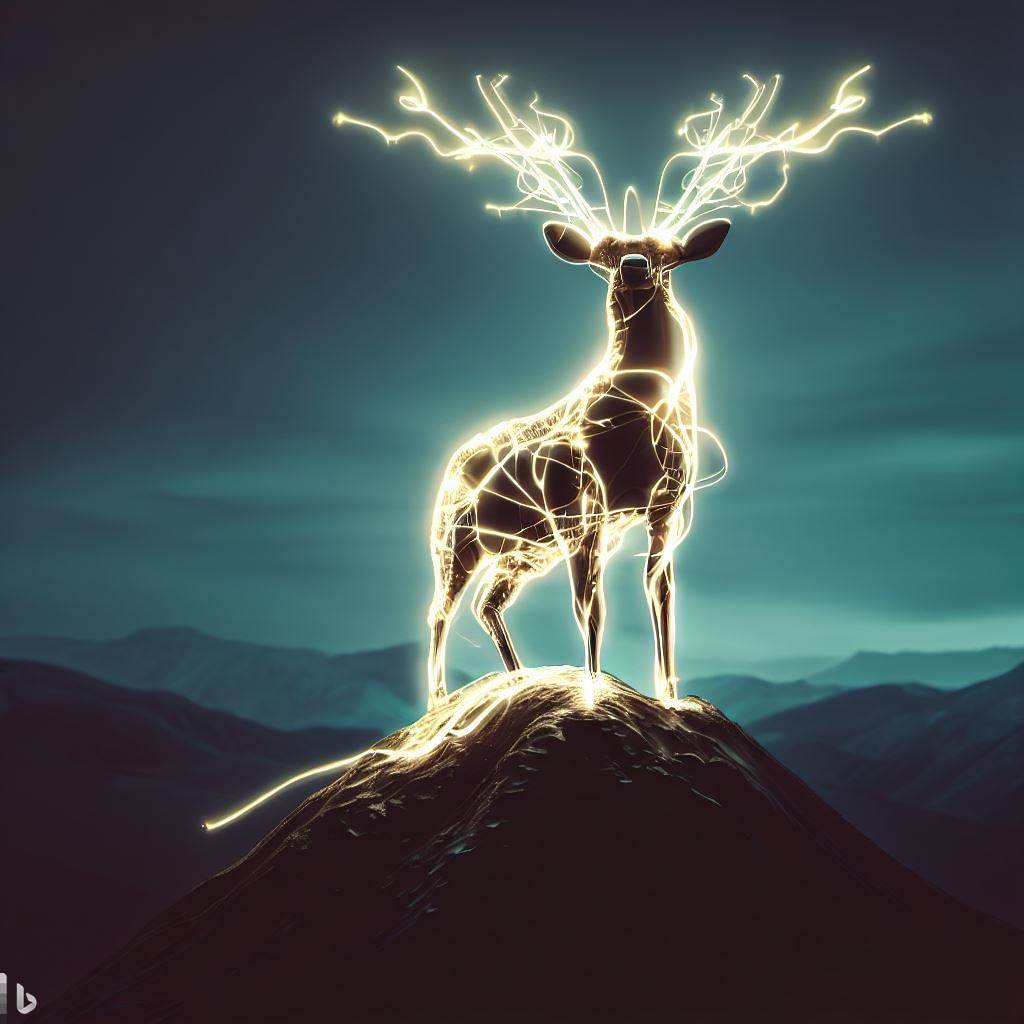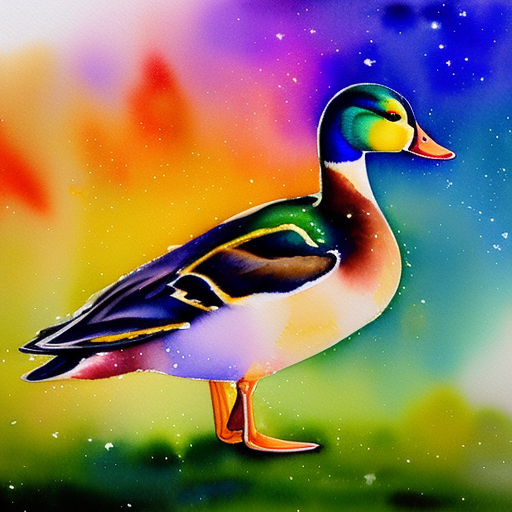The title is a bit over dramatic but, per the title, if you could contribute with one piece of knowledge to a book that every single individual should learn from in order to kickstart a civilization, what would be yours?
My personal choice would be the process of soap making, from scratch.
Professional scientist here. I would take a table of logarithms. In a world without computers, the logarithm table and slide rule are the essential tools of how things got built. We built the Golden Gate Bridge and put a man on the moon using nothing more than log tables.
Any one person can remember the gist of the scientific method and write it down on a page. To write down a quality logarithm table you would need 500 pages.

But seriously - no religions allowed.
There will always be religion, especially if and when the civilized world ends.
A better way would be just to remind everyone that there were countless religions before and that they were all man made, corrupted and fell apart after a certain amount of time.
Remind everyone that there is no one true religion because there never was one before, there isn’t one now and there never will be be one.
But I’m afraid that as much as we’ll try … people will always be dumb enough to want to believe in fairy tales, an after life, eternal bliss / hell and that one group is better than another.
Remind everyone that there is no one true religion because there never was one before, there isn’t one now and there never will be be one.
“Yes, all the religions before were false, but ours is the right one!”
Fuck it. Scientism’s time to shine.
I think in a way religion was a necessary component in managing populations.
Without education humans will naturally look to “organised luck” or supernatural deities for meaning. That can be used as a kind of carrier wave to disseminate basic information.
“God says you should clean your cock and balls once a day in order to bring good luck”
True … but this kind of knowledge and organization endows some people with power and control over others. Any time any individuals are given power over others for any reason, especially when that power is based on mistrust, falsehoods and outright lies … people tend to abuse that power.
Good luck on that. For what we can tell, it is a part of our makeup. But we could aspire to less asinine systems of belief.
“Spirituality is not religion. Religion divides people; belief in something unites.”
Resist the urge to fall in line behind a “strong man.” Once a community is beholden to an individual, it’s tainted.
The book should definitely recommend a system of government.
I would say directly elected council members with brief term limits, to avoid concentration of power.
No bribery in politics, with actual consequences.
deleted by creator
The scientific method, we’ll be able to extract most information of the world around with just that and time
‘In the beginning the Universe was created.This had made many people very angry and has been widely regarded as a bad move.’
I can periodically dust the book. When I’m not dusting, I can stand somewhere conspicuous, and say “This way to the book” if asked.
Can I give you holiday cover? I’d like this job, like some sort of holy librarian.
Yes of course. With all vested powers I dub thee Venicon, Librarian Most High, Director to the Book. We only have the one, but it is quite good.
Welp, looks like my LinkedIn is getting an update.
The All Mighty Guardian of the Book, Keeper of Knowledge.
You will also be required to know it by memory cover to cover and read it on request for anyone.
Then my knowledge of my own limits must. Be my contribution to the book.
Brewing beer. It might not be “essential,” but the apocalypse is gonna be bad enough, might as well have beer.
Apocolpse probably needs something stronger like distilling skills.
Or how to make edibles.
Distillation alone would be useful for disinfection and conservation.
I can do those too! Hooray, I’m valuable
We value you regardless, guazzabuglio.
Appreciate it
it may not be essential
Brewing began as a way of preserving fruits and grains, and of guaranteeing the safety of drinking water. It’s absolutely going to be essential if we get blasted back by about a thousand years.
I was thinking of it purely as a means to unwind, but you’re right. I kind of forgot about the documentary How Beer Saved the World, even if it is a bit exaggerated at times.
Even that angle is more than just frivolity. Sitting around a fire, having some drinks and some laughs isn’t just a nice time, it’s vital to humans both as individuals and as a community. We’re social critters. We thrive when we care for others and are cared for by others, and the bonding that develops out of those drinking sessions is a way to establish that.
Very true. Leisure is essential even if it’s not “productive.” That’s not a great metric to measure things by.
Beer brewing fits right in with sanitation that a lot of us are pushing.
This exercise recurs regularly and there have been a few formulations.
One of the big ones is atomic theory. It took a long time to figure out - and I’m intentionally discounting the Greek version and monads here because I’m talking about actual atomic theory and not a philosophy of essences.
Darwinian evolution and Mendelian genetics are a second option, especially if you could squeeze in things like the germ theory of disease.
I’m not familiar enough with pure math to say that there’s one concept that would have let the Greeks or Mesopotamians develop the calculus millennia earlier than we did, but that would also massively accelerate scientific progress.
one concept that would have let the Greeks or Mesopotamians develop the calculus millennia earlier than we did
Not sure about the Greeks or Mesopotamians, but the concept of not burning down libraries might’ve helped the Romans 😂
“Romans go home!”
“Romanes eunt domus? People called Romanes they go the house?”
Basic logic gates for the most basic computational math As well as binary, octal, hexadecimal systems
I’m pretty sure you can make logic gates with water so maybe that’ll be of some use
Omg will they have redstone? :3
[C418 starts playing]
- Crafting bows to hunt. Wood selection, shaping, tillering, natural bowstring materials.
- Some edible wild plants
- Some basic farming knowledge
- Some construction/shelter repair techniques
- Algebra and concepts of calculus, and why they’re useful
- How to preserve foods
- Basic concepts of electricity’s importance and how to make it, but someone would need to explain how to go from raw material to a functional wire, find some rare earth magnets, and figure out how to make LEDs or something else worth using the electricity for.
- The scientific method
- Concepts of how to engineer/design a solution to a problem
- Troubleshooting techniques
- Some basic concepts of boat stability and construction
- Some concepts of modern psychology
- Concepts of critical thinking and rejection of groupthink
- Basic physics. Loose explanations of kinematic equations, gravity, friction, pendulums, air resistance, aerodynamics, basic concepts of rocketry and flight/parachutes/gliders
- Evaporative cooling? I could describe the concepts of modern air conditioning, but that doesn’t seem useful yet.
- I could probably work out how a windmill works, how to make a wagon, how to purify water, how to make water-tight storage.
- Germ Theory
- The Paradox of Tolerance
- How pasteurization works
- Fermentation, concepts of distillation
- Basic oral hygiene? Habits of at least rinsing sugar out of your mouth afterwards, if brushes aren’t available.
- Use of alcohol and heat as antiseptics. Suggestion to use honey in a pinch
- Basic concepts of how magnifying lenses work and why they’re important
Dont forget the basics of antibiotics.
Yeah, that would be crucial too. Antibioitics and the risks of antibiotic resistance need to be included. But to create and purify effective antibiotics, you also need to start with the scientific method, then branch into chemistry, biology, etc. Glassware and procedures to minimize contamination would be important to effectively extract helpful ingredients from potentially harmful molds/other sources.
Depending on the starting scenario, it might be possible to skip much of that at first if we had leftover supplies from a prior civilization. If this site is to be believed, it sounds like making penicillin at home is quite a process, but doable if you’re able to get the right supplies. I don’t see any efficient pathway from here to there if we had to start from zero though.
The basics of manufacturing fertiliser. It’s a lot easier to build a civilisation on a full belly.
Also, funny story, I already have a disk like this started.
Ever since covid hit, I’ve been keeping digital copies of several books like the following:
- Reader’s Digest DIY Manual
- The Forager’s Harvest - A Guide to Identifying Harvesting and Preparing Edible Wild Plants by Samuel Thayer
- The Complete Guide to Edible Wild Plants
- Back to Basics - Abigail R. Gehring And of course a copy of Wikipedia.
I haven’t gone full “prepper”, but seeing how fast things went sideways at the beginning of covid, it makes me feel a little better to set aside a little bit of hard drive space, just in case.
You can get full offline copies of Wikipedia too, eh? I use Kiwix for most of the stuff on mine.
Basic system and web security might not seem important now, but let me tell you, if you adopt good cyber security practices early it will help you create a much more secure environment…
What’re you guys doing with those rocks?
To create a firewall you must first create fire!
I wonder if a book along these lines already exists. The nearest I can think of is The Art of Manliness website.
I would probably buy a book that covered a lot of the basic skills needed for a society if it were done well. I want to try a lot of those things like smelting, house construction, metalworking, etc. I’m sure books exist for each of these but I doubt one book tries to give overviews of all.
Also an interesting question: What ARE the skills needed for a civilization? Start from skills needed when dropped off alone in the wilderness and work your way up to “needing” bureuacrats.
Interesting, Thanks. I will be reading these further.
Thought I should mention that the second link is not working for me.
There’s also the “How To Make Everything” YouTube channel. I wonder if the guy that runs that has written a book yet? If not, he should.
There’s How to Invent Everything by Ryan North.
IIRC it’s a pretty skinny book, though, so it’s probably light on important details.
Interesting, I will have to check that out.
I’m so far from an expert it’s not even funny but I’m a hobbyist for old valve (tube on the other side of the Atlantic) electronics. You need an industrial base to make semiconductors but if you can do flamework with glass and build a good enough pump that opens the door to amplifiers, radio, telecommunications, and even crude computers which in turn opens the door to a lot of creature comforts and social improvement that wouldn’t otherwise be possible.
You actually can make simple semiconductors artisanally, once again plugging Sam Zeloof. The biggest trick is getting the silicon in the first place, since you need an electric furnace to smelt it with any efficiency. Then, it’s just a matter of distilling it to high purity and growing a crystal.
The pump is the biggest trick for vacuum tubes. If you have a primitive metalworking civilisation to start with, you probably have enough mercury for a Sprengel pump and/or a master craftsman who could make a mechanical pump, but if we’re starting really from scratch that could be an issue. Steam to displace air + a chemical getter is another option I’ve been wondering about.
Also worth mentioning are electrochemical diodes, which you can make with just brine, iron and a piece of aluminum. Aluminum is tricky to make but if you can produce it it’s also pretty good for wires, in case you don’t have a copper mine handy.
Here is an alternative Piped link(s): https://piped.video/channel/UC7E8-0Ou69hwScPW1_fQApA
Piped is a privacy-respecting open-source alternative frontend to YouTube.
I’m open-source, check me out at GitHub.
Electronic valves are still a thing?
I had relatives that swore on radios based on that technology could endure the detonation of bomb and still work flawlessly.
And I had a colleague in school that saved up to be able to buy a valve based guitar amplifier.
They didn’t stop working somehow. The trick is that they need a very high (deadly) bias voltage to work, are mechanically delicate, have to be heated and possibly cleared of gasses leaking in, and from what I can tell have inferior characteristics for a lot of applications.
On the other hand, your relatives are right about the electrical toughness, and they have no firm upper frequency limit, so they still have industrial niches.
Yeah the guitar amp and vintage HiFi markets keep a few types (mostly power triodes and pentodes but also preamp valves and even a couple of rectifiers) in production, largely in the former Eastern Bloc. There’s a few people on YouTube making their own too.











